Rajshahi, Aug 25 (V7N) – A new agricultural revolution is underway in Rajshahi, a region traditionally known for rice, potatoes, betel leaves, mangoes, and lychees. Young entrepreneur Ziaul Haque has successfully introduced ginger cultivation in bags on fallow land within his mango orchard, achieving remarkable results. His success is not only transforming his own livelihood but also inspiring hundreds of unemployed youth and farmers in the area. This low-cost, high-profit agricultural technique is opening new economic opportunities in Rajshahi.
Ziaul Haque, from Hujuripara Union in Paba Upazila, faced various challenges with conventional farming methods. With support from the Paba Upazila Agriculture Office, he began cultivating ginger in cement bags as an experiment last year on approximately 2,500 bags placed in vacant spaces in his mango orchard. The cost per bag, including soil preparation, seeds, fertilizer, and labor, ranged between Tk 50 to 60, totaling around Tk 100,000 to 110,000.
After harvest, the outcome exceeded expectations. Each bag yielded an average of 800 to 900 grams of ginger, resulting in a total production of about 2,250 kilograms. Selling the harvest brought him a net profit of approximately Tk 200,000 beyond his expenses.
Encouraged by this success, Ziaul Haque expanded his cultivation this year to 20,000 bags across his orchard and nearby fallow lands. He reports healthy plants with minimal pest problems and anticipates a harvest of nearly 18,000 kilograms, projecting profits to surpass Tk 20 to 25 lakh . He emphasizes that this method has opened new income opportunities for many local unemployed youths.
The Agricultural Extension Department has played a crucial role in providing technical support and guidance. One major advantage of bag cultivation is its resistance to rhizome rot and waterlogging. During heavy rains, bags can be easily moved to higher ground, protecting the crop. This technique also reduces maintenance costs and labor compared to traditional methods.
M. A. Mannan, Agriculture Officer of Paba Upazila, said that this year, ginger is being cultivated in 30,000 bags in the upazila, with 20,000 under Ziaul Haque’s initiative. His success is an exemplary model for others. The department is encouraging other farmers to cultivate ginger, turmeric, and other spices on fallow land with full technical support.
Experts note that the country’s ginger production currently falls short of demand. Expanding bag cultivation nationwide could reduce dependency on imports significantly. With enterprising youths like Ziaul Haque leading the way, this silent agricultural revolution in Rajshahi holds promise to make Bangladesh self-sufficient in spice production in the near future.
END/MRA/SMA/



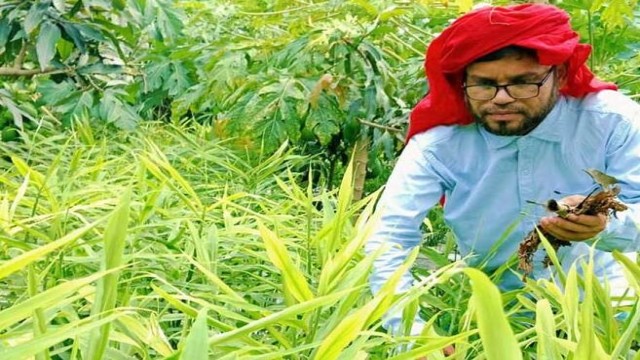
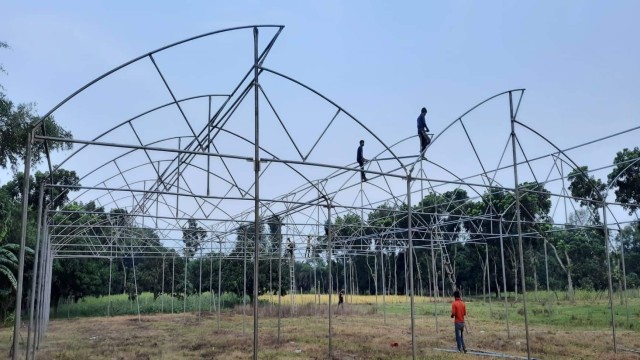
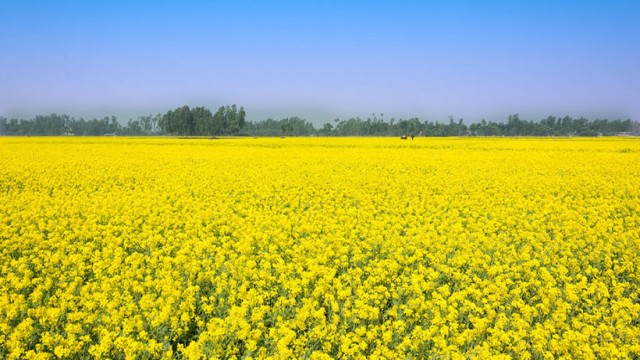
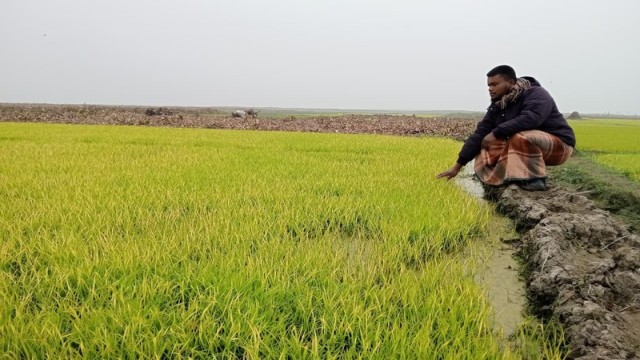
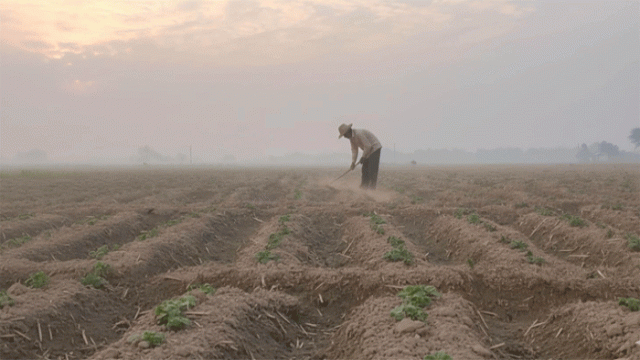
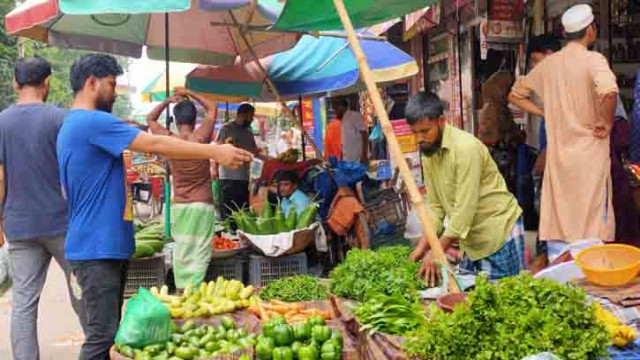
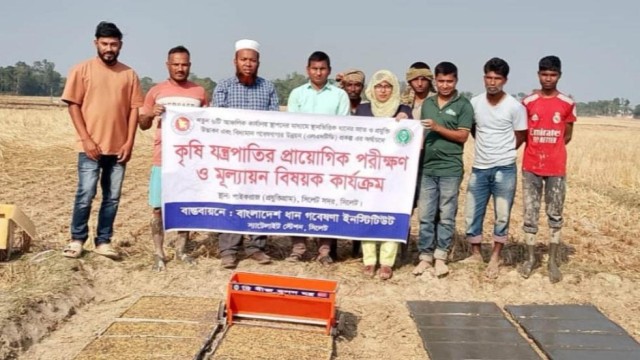
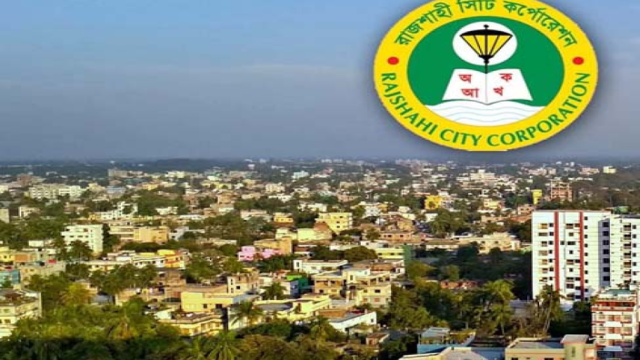
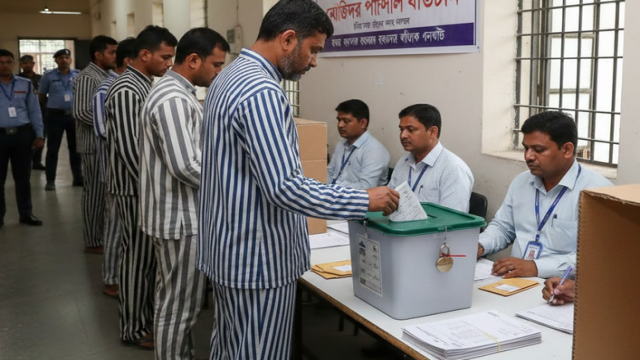


















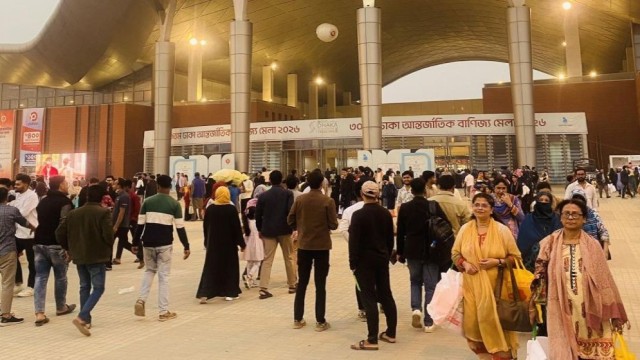
Comment: